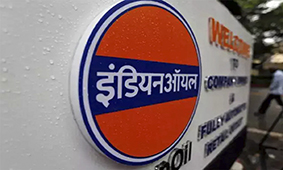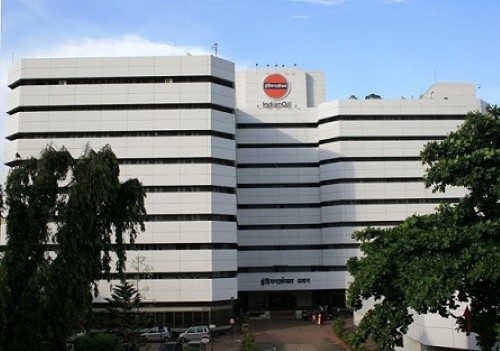
IOC developing metal-air batteries from indigenous metals; In talks with Hindalco to source aluminium

These batteries cannot be recharged, but motorists can replace plates to power them almost instantly, eliminating the need for charging infrastructure.
Besides, the metal-air batteries have high energy density. If a normal lithium-ion battery can travel the vehicle up to 300 km, these batteries can take it to 500 km. The cost-effectiveness of these batteries will, however, depend on the scale of operation.
Also, the themetal oxide can be reduced to metal again, making the process recyclable.
“Rest of the battery including the air cathodes remain intact and there is no need to change them for at least eight years and after that the air cathode can be completed recycled,” said SSV Ramakumar, director-R&D at IOC.
As per the report, the production and recycling of these batteries can be performed locally, which also settles the concerns of import costs and environment-friendliness.
For manufacturing these batteries, IOC is planning to a set up a 1GW plant, for which it is in talks with Hindalco to source aluminium.



Gold price edges up as market awaits Fed minutes, Powell speech

Glencore trader who led ill-fated battery recycling push to exit

Emirates Global Aluminium unit to exit Guinea after mine seized

Iron ore price dips on China blast furnace cuts, US trade restrictions

Roshel, Swebor partner to produce ballistic-grade steel in Canada

US hikes steel, aluminum tariffs on imported wind turbines, cranes, railcars

EverMetal launches US-based critical metals recycling platform

Afghanistan says China seeks its participation in Belt and Road Initiative

Trump weighs using $2 billion in CHIPS Act funding for critical minerals

Energy Fuels soars on Vulcan Elements partnership

Northern Dynasty sticks to proposal in battle to lift Pebble mine veto

Giustra-backed mining firm teams up with informal miners in Colombia

Critical Metals signs agreement to supply rare earth to US government-funded facility

China extends rare earth controls to imported material

Galan Lithium proceeds with $13M financing for Argentina project

Silver price touches $39 as market weighs rate cut outlook

First Quantum drops plan to sell stakes in Zambia copper mines

Ivanhoe advances Kamoa dewatering plan, plans forecasts

Texas factory gives Chinese copper firm an edge in tariff war

Energy Fuels soars on Vulcan Elements partnership

Northern Dynasty sticks to proposal in battle to lift Pebble mine veto

Giustra-backed mining firm teams up with informal miners in Colombia

Critical Metals signs agreement to supply rare earth to US government-funded facility

China extends rare earth controls to imported material

Galan Lithium proceeds with $13M financing for Argentina project

Silver price touches $39 as market weighs rate cut outlook

First Quantum drops plan to sell stakes in Zambia copper mines

Ivanhoe advances Kamoa dewatering plan, plans forecasts

















